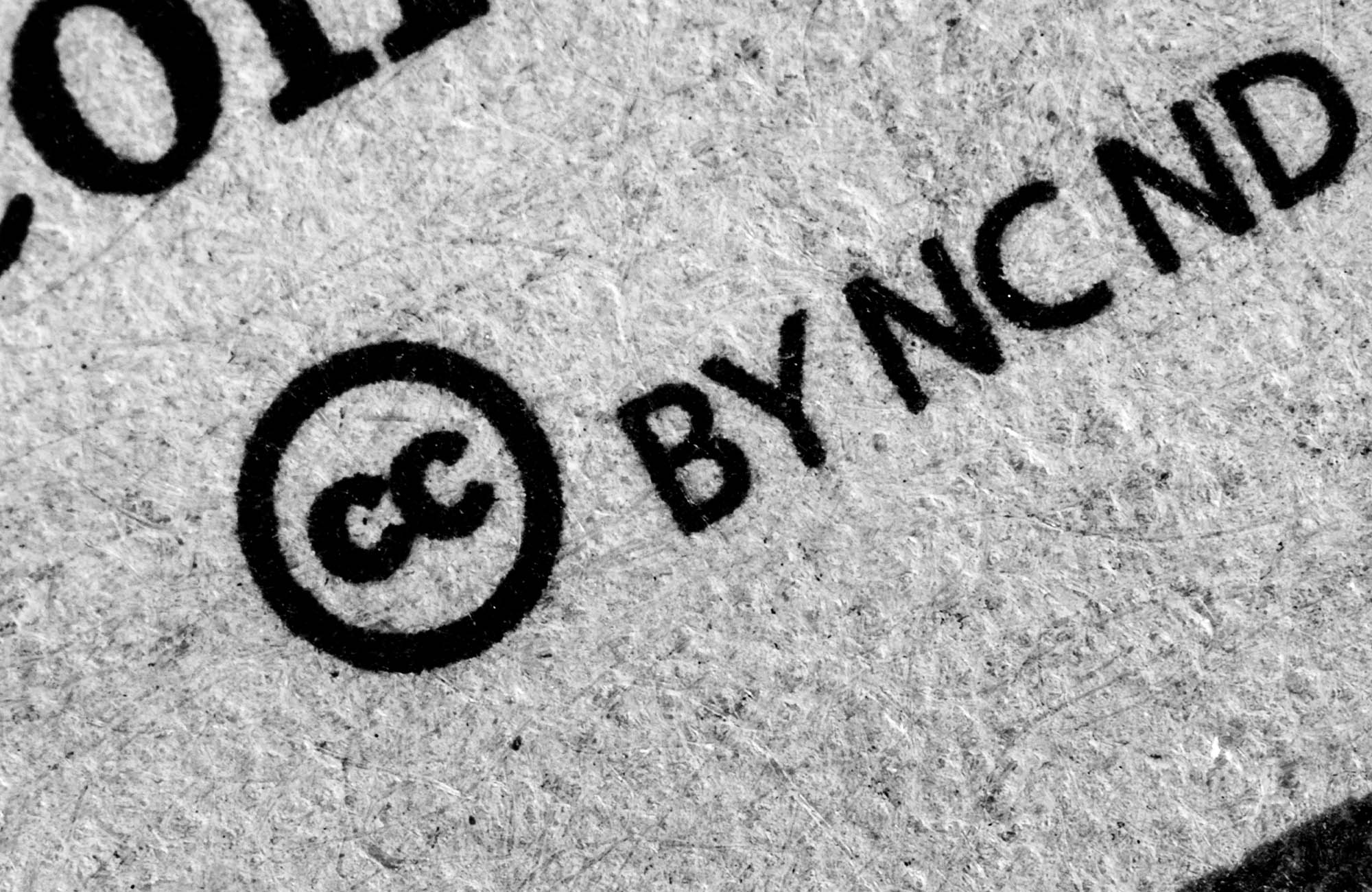
How to Handle Copyright Claims and Beat Sampling Issues (2025 Guide)
If you’ve ever uploaded a song and suddenly got hit with a copyright claim — you’re not alone. It’s one of the most frustrating parts of releasing music online. Whether it’s a sample in a beat, an automatic YouTube Content ID match, or a copyright notice from a publisher, these situations can make artists feel helpless.
The truth is, copyright claims don’t always mean you did something wrong — but how you handle them determines whether your track survives or disappears.
As a producer who has personally faced a copyright claim from Warner Chappell for a sampled beat (“Dans Sa Chambre”), I know exactly how confusing and stressful it can be. That’s why this 2025 guide will help you understand what copyright claims really mean, how to respond, and how to avoid issues with samples in the future.
Understanding Copyright Claims vs. Copyright Strikes
Many artists confuse copyright claims with copyright strikes, but they’re not the same thing. A claim is usually an automatic detection from platforms like YouTube’s Content ID system. It doesn’t punish your account; it simply redirects ad revenue or restricts monetization until the situation is resolved.
A copyright strike, however, is more serious — it means someone has formally filed a legal complaint asserting ownership over your uploaded content. Strikes can lead to your song being taken down, your channel penalized, or, in extreme cases, legal action.
The key difference is that a claim can often be resolved through communication, proof of licensing, or adjustments, while a strike demands quick and careful action.
When You’re Using Leased or Licensed Beats
If you bought a beat lease or even an exclusive license, you already have rights to use that instrumental commercially. But misunderstandings can still happen if another artist leased the same beat or if Content ID mistakenly flags it.
That’s why it’s essential to know exactly what’s covered in your license. If you’re not sure, read the full breakdown in Beat Licensing Explained. It covers what you can and can’t do with leased beats, how publishing splits work, and how to protect yourself from claims.
When you lease a beat, you’re legally entitled to upload, distribute, and monetize your song — as long as you stay within the license limits. If a claim appears, you can usually resolve it by showing proof of your license to the distributor or platform.
If you’re looking for high-quality, properly cleared beats that minimize these risks, you can browse all beats or go straight to the full Beats & Instrumentals collection on Tellingbeatzz.
Dealing With Samples in Beats
Sampling is one of the most creative parts of music — but also the most legally sensitive. Even short snippets, vocal chops, or melodies from old songs can trigger copyright claims, especially as Content ID systems become more advanced in 2025.
If you’re using a beat that contains a sample, it’s crucial to know whether that sample was cleared. Producers are required to disclose this when selling beats, especially if the sample originates from copyrighted material.
However, not all samples cause legal issues. Many producers use royalty-free or self-recorded samples, which are perfectly safe. The problem arises when a recognizable portion of another artist’s work is used without clearance.
If your song gets claimed because of a sample, don’t panic. Reach out to the producer first — they might already be aware of the issue and can help provide context or proof of usage rights.
How to Respond to a Copyright Claim
When a claim appears on YouTube, Spotify, or your distributor’s dashboard, take a deep breath and follow these steps:
-
Identify the claimant.
See who filed the claim — it might be a publisher like Warner Chappell or an automated system. -
Check your documentation.
Pull up your beat license. You’ll need the producer name, beat title, and license agreement. -
Contact your distributor or platform.
Send them your license information and explain that you have legal usage rights. -
Avoid immediate disputes if you’re unsure.
Don’t rush into disputing claims without evidence; false disputes can escalate issues.
In most cases, legitimate license holders are able to resolve claims by showing proper documentation.
To prevent confusion in the first place, always download your license files and store them safely when you buy a beat.
When to Clear a Sample or Seek Legal Help
If you’re using a beat that contains a recognizable sample from a major song, and the producer didn’t clear it, you may need to obtain clearance before commercial release. This process can involve contacting the copyright holder or publisher and negotiating permission.
While that sounds intimidating, it’s often worth it if the song shows potential. Major artists and labels do this all the time.
If you’re ever unsure whether a sample is safe, it’s better to pause your release and get clarity from the producer or a music rights lawyer. One small conversation can prevent future headaches, takedowns, or legal costs.
YouTube Content ID and Beat Monetization
In 2025, YouTube Content ID has become more accurate but also more aggressive. Producers register their beats in Content ID to protect their work, but that means multiple artists leasing the same beat might trigger claims.
If that happens, it doesn’t mean you can’t release your song. It simply means the video’s monetization may go to the beat owner unless you provide your license to override the claim.
Many professional producers (including Tellingbeatzz) use transparent licensing systems to avoid these conflicts. Always check whether the producer uses Content ID and how it affects your release before you publish your song.
Protecting Yourself as a Rapper or Artist
The best defense is preparation. Always make sure:
-
You have written proof of your beat license.
-
You know if the beat contains samples.
-
You use a reliable distributor who can handle disputes quickly.
Educate yourself before releasing music commercially. The Free Rap Songwriting Guide is a great start for understanding creative structure, but make sure to also learn the business side.
If you want to elevate your releases with top-tier, industry-ready production, the 2025 Beat Pack includes a collection of cinematic and soulful beats that are fully cleared and ready for monetized use.
Building Confidence in Your Releases
Getting hit with a copyright claim can shake your confidence, but it shouldn’t stop you from releasing music. Every serious artist goes through it at some point. What matters is how you respond.
Learn the system. Keep your licenses organized. Choose beats from reliable producers. And remember — every time you handle a copyright issue the right way, you’re becoming more professional.
If you want to find instrumentals that inspire you to finish your songs without worrying about sample issues, explore:
Every beat on Tellingbeatzz is created with clarity, structure, and licensing transparency in mind — so artists can focus on creativity, not legal stress.
Final Thoughts
Copyright claims and sample issues are part of today’s digital music world. They can be frustrating, but they’re manageable with the right knowledge and documentation.
Whether you’re leasing a beat or buying exclusives, always know your rights, keep your paperwork, and work with producers who value transparency.
Music is meant to be shared — don’t let legal confusion silence your creativity. Handle it smart, stay informed, and keep making songs that matter.


No Comments